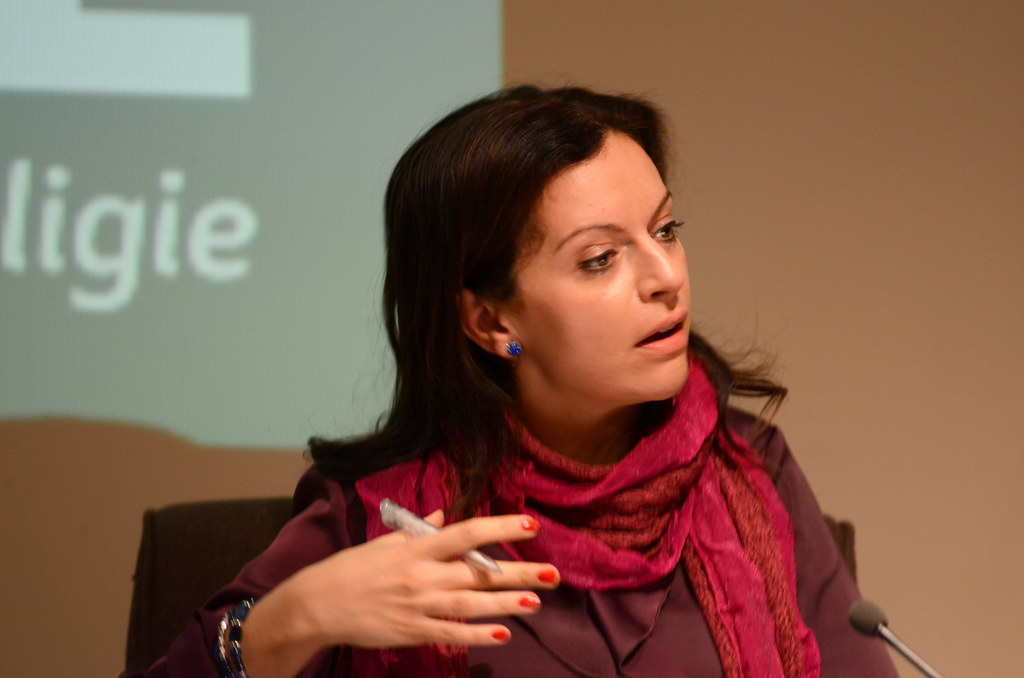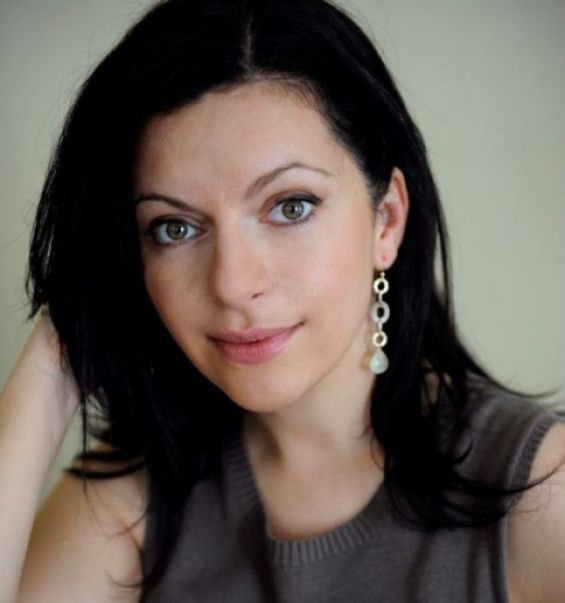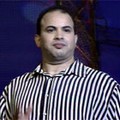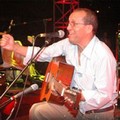Born in Flanders, in Antwerp, Nadia Dala spent most of her childhood in boarding school with her sister, Farida. Her mother, a Flemish Belgian who worked as a secretary, and her father, a first-generation immigrant from Berkane, decided to separate shortly thereafter.
But it is from this unhappy childhood that Nadia Dala has drawn her determination to become attached to her dreams, to keep with her ambitions and never lose hope in life. «My dad did not have the opportunity to study because he lost his parents at a young age. So he worked in several manual trades, especially in the port of Antwerp, but he was proud to see his daughters go to school», she said.
Indeed, after high school, Nadia Dala obtained her BA in Oriental Philology and History of the Arab World at the Catholic University of Louvain. After that, she spent a year in Egypt, where she conducted research and undertook an internship at the Middle East Times newspaper. This experience taught her more about the Arab world and Muslim cultures. «My father was proud to see that one of his daughters became a journalist, he read my articles and he was very happy», the writer recalls.
An icon of Belgian public television
This first step opened up the doors of the professional journalism world. Upon her return to Belgium, Nadia Dala joined the editorial staff of Belgian Dutch-language daily De Morgen in Brussels. She then joined De Standaard and eventually worked for Belgian national television.

At VRT, she was first a reporter and quickly became an icon in the channel. This experience propelled her quickly to be put in charge of hosting cultural programs and being named coordinator of the diversity policy at the VRT for the integration of young people from immigrant backgrounds to the television group's teams.
Nadia Dala also worked behind the camera and made documentaries, with a particular interest in Muslim women. «I interviewed four women who were all different from each other, but all recognizing each other in Islam, from conservatives to liberals to modernists, to show that one could be religious in different ways», she recalls.
At the same time, Nadia Dala entered the world of literature and books. During the second half of the 1990s, she joined her writing skills to journalistic investigation, dedicating a book to the Black Decade in Algeria entitled «Allah cries for Algiers».
«I had just finished my studies and I co-wrote this book to give some insight into the emergence of the GIA, violent political ideologies and the fundamentalism that is holding civilians hostage», the researcher explains. She benefited from scholarships to further her research and travel to Tunisia and the United States.
Academic research
While continuing to focus on women, the question of the veil and Islam, Nadia Dala published her second book in 2005, entitled «When sails fall». «I was already tired of the debates which began to be polarized and where it was necessary to be categorically for or against the veil, whereas the question does not lie there», she admits.

«From there, this book tried to show all the diversity under this veil, all the possible interpretations and the importance of having to understand what this can represent for everyone and first of all for the Muslim women who wear it or don’t, because this is not a black or white matter», explains Nadia Dala.
Throughout her career, particularly on television, the journalist and writer received many letters from journalism students interested in sharing their work and writing with her. She was invited to the Thomas More School of Journalism, where she still teaches to this day.
«For my students, I wrote another book that I devoted entirely to intercultural communication, published in 2010 and that I used at the beginning as a syllabus for my course».
In this establishment, Nadia Dala teaches courses in media and diversity. These are very popular indeed, not only with student journalists but also with communication students, «each time coming by the hundreds». The researcher also gave international reporting courses at Georgetown University in the United States.
A saving anger against the reproduction of outdated speeches
Having long been interested in issues related to immigration in Belgium, integration and the Arab world, Nadia Dala now takes a critical look at the quality of the current debates in Europe, in relation to these questions.
«I think we do not have any more substantive debates. That is one of the reasons I'm not involved in the public arena anymore. We reproduce the same clichés and the same stereotypes like the ones that were around twenty years ago. The situation has become so complicated that it is not enough to get the same outdated ideas from decades ago because there is not much interest in doing that».
In other words, the researcher says she feels «angry» in the face of what she calls «a lack of assistance to young people in danger where we lock ourselves up by reproducing the same patterns». «To me, many European institutions and governments are to be held accountable when young people are led to fundamentalism without benefiting from processes that can lead them to more moderate and constructive ways of thinking», the writer criticizes.

Thus, Nadia Dala notes that «we are not effectively there for these young people and to stop this monopolization by small groups, especially in Belgium where the public authorities act without reacting, alongside the rise of right-wing conservatism». To her, it all stems from the failure to create «a framework to educate young people to live together».
«We are either facing left-wing movements that consider that 'everything is possible', or facing the right-wing movements you can have no dialogue at all», the researcher says. She also adds: «Amidst all of this, we do not create common sense and the debates are often held hostage by the most represented political trend. As a result, many young Europeans forget the horrors of war our ancestors experienced because of hateful ideologies».
At the heart of these debates in the Belgian context, Nadia Dala challenges politicians and their «lack of courage» to leave «populisms from the left or the right» behind. As a result, she chooses to engage differently with young people, particularly through education and transmission.
«I am apolitical, so my contribution is mostly through articles I write for youth educational platforms, including News Decoder, to inform them that they are smart enough to make the right decisions if we can all give them the tools to do it»
In another vein, the researcher gives remedial yoga classes to people with physical or mental trauma to convey a new way of «working on oneself». «I traveled a lot and lived in different countries, which made me experience different realities», she explains.
«As a result of immigration and a fractured family, I have experienced hardships where I had to keep a cool head to face the eyes of the others. By the nature of my journalistic experience, I learned that in order to advance further, it is necessary to have an analytical look at things while being in appeasement», she says.
Currently, Nadia Dala is working on a novel, linked to the major ongoing debates in Belgium.





 chargement...
chargement...













